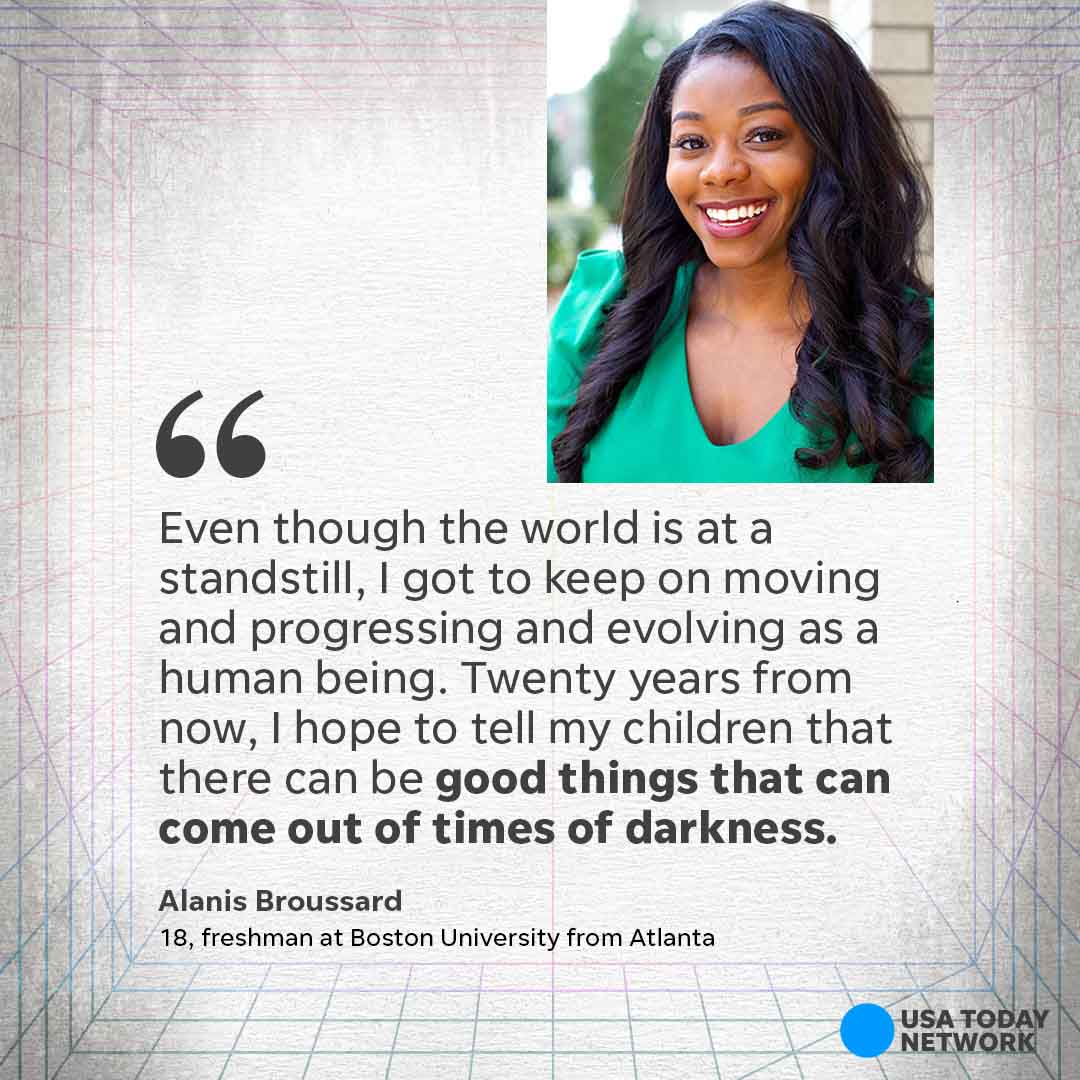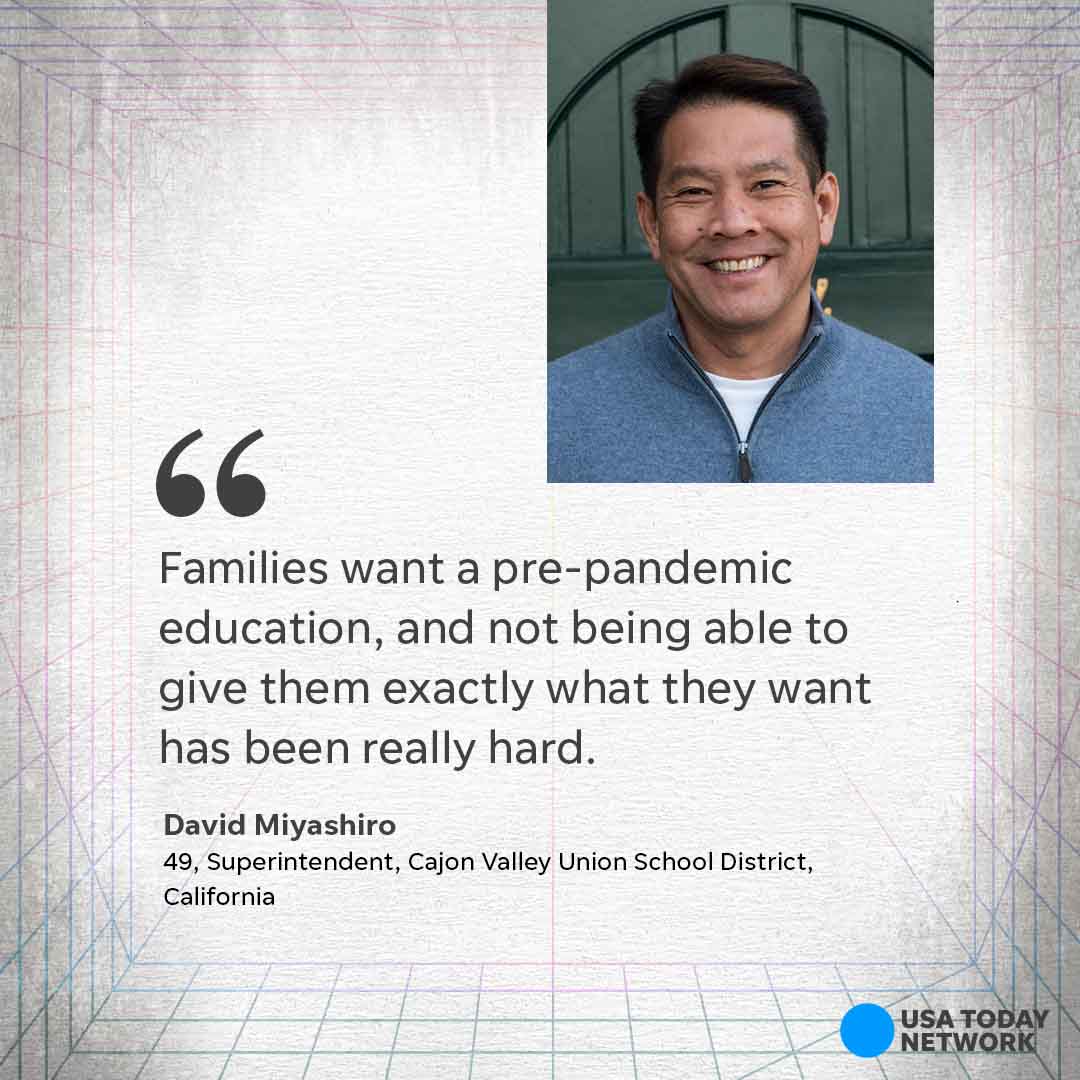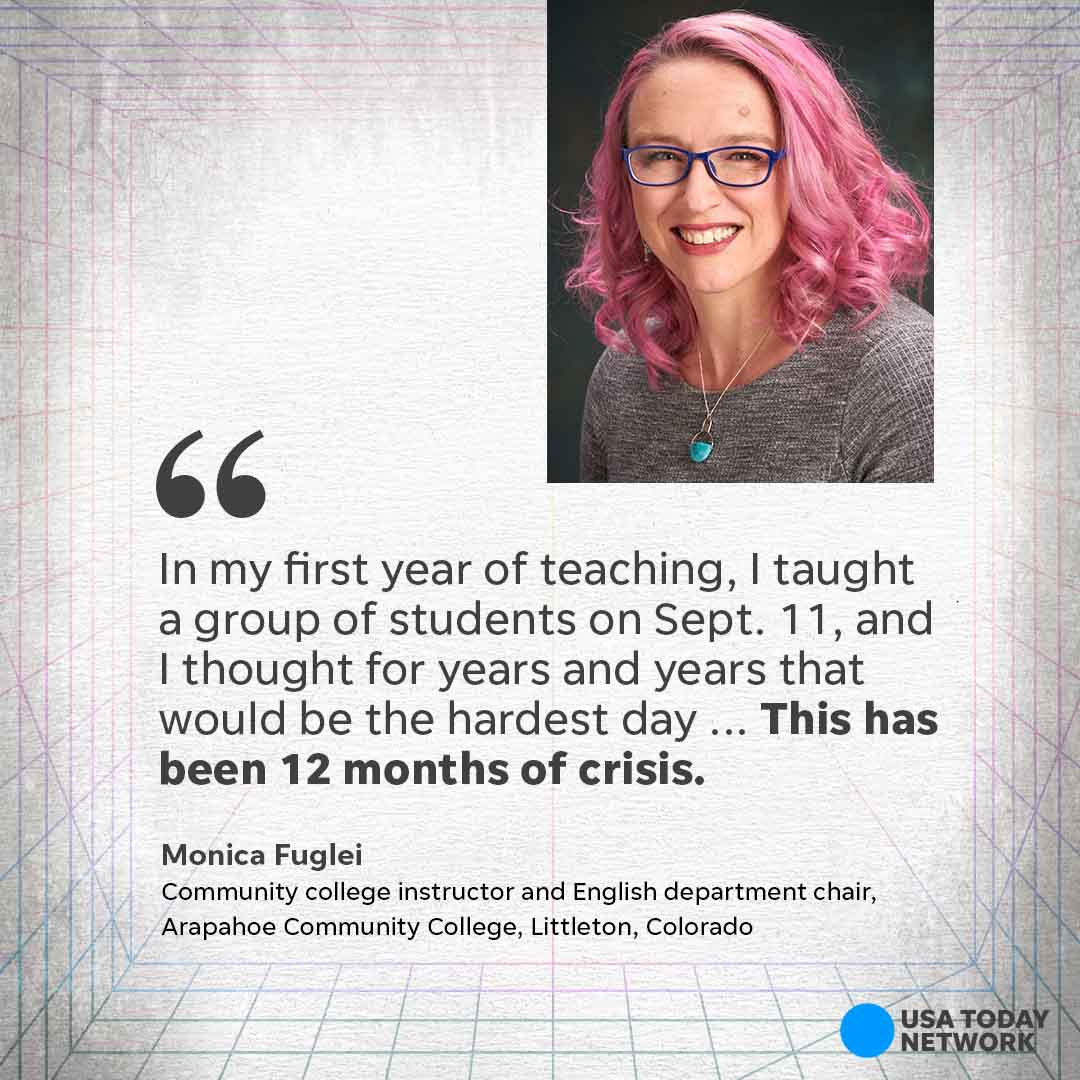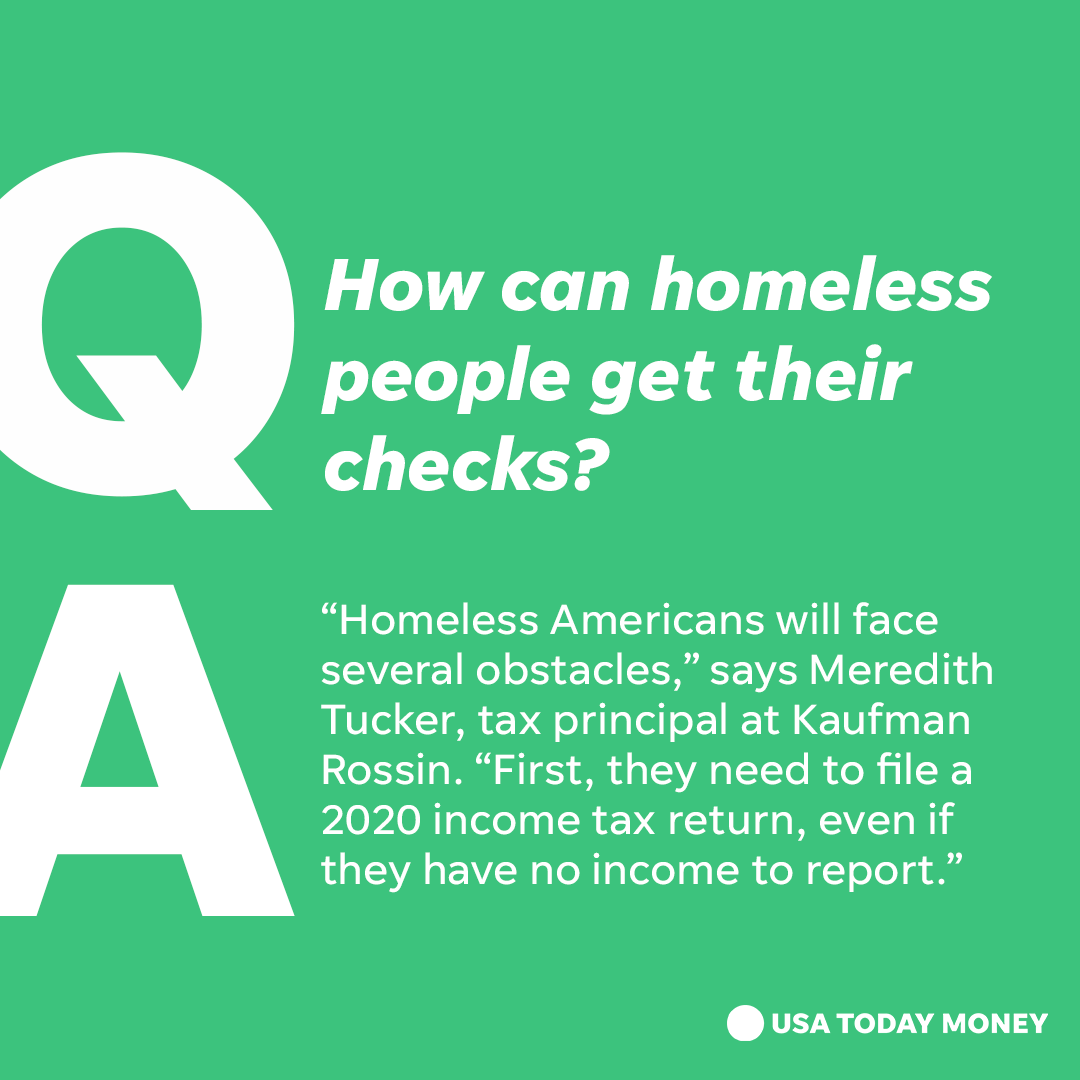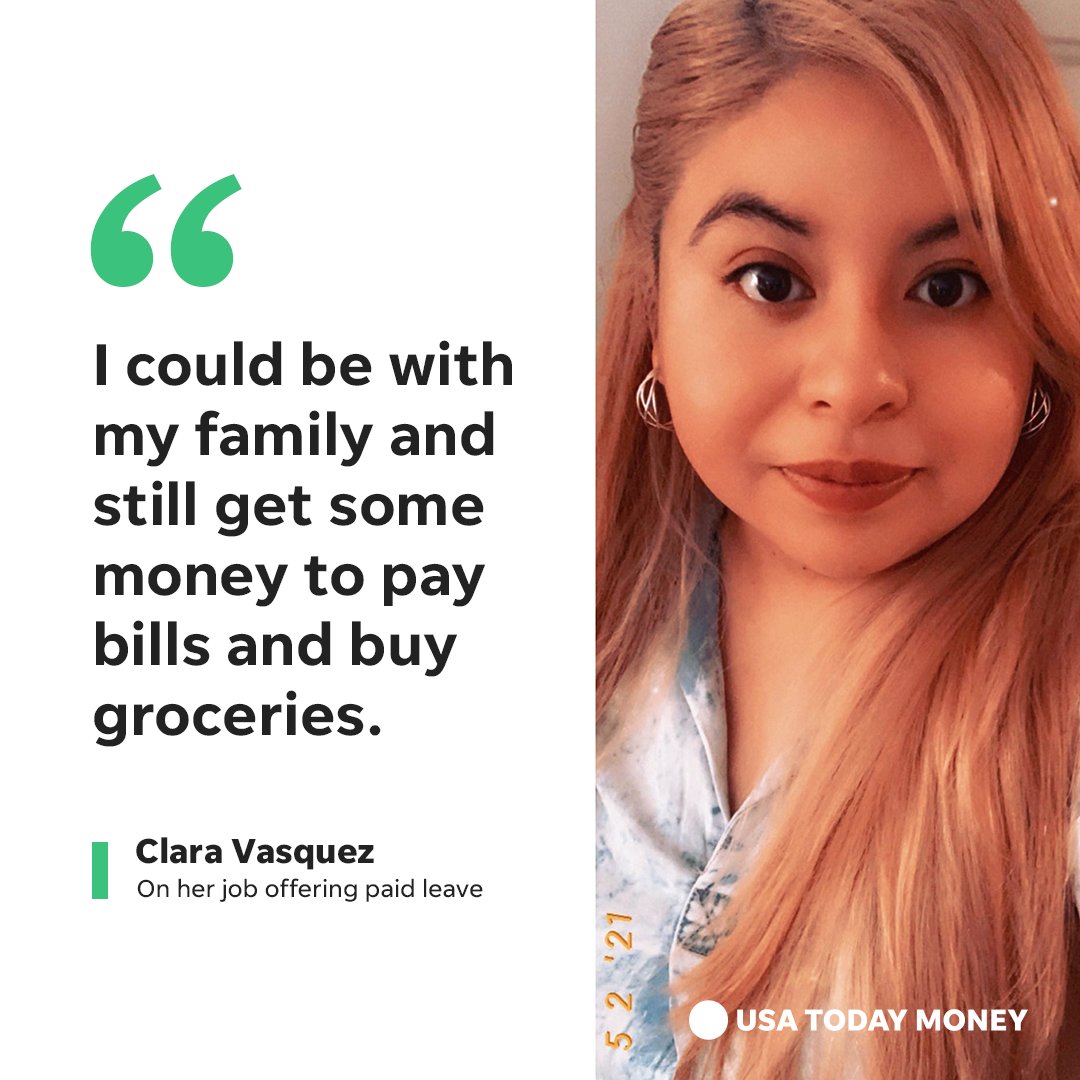
The yearlong pandemic has only magnified America’s gender inequalities, all while stifling the decades of progress women have made. 

In a powerful interview with USA TODAY, Vice President Kamala Harris talks about women in the workforce, the hardships they’ve faced during the pandemic, and how they’re "strong." usatoday.com/in-depth/opini…
During the pandemic, women — particularly Black and Latina women — in lower-paying, face-to-face, essential and often care-taking roles, were hit hardest. Vice President Harris said we need to "value the dignity" of that work. usatoday.com/in-depth/opini…
Vice President Harris characterizes the regression as a "national emergency." She said the country needs a commitment to universal paid sick leave and paid family leave. art19.com/shows/5-things…
The pandemic has been "devastating" for women, especially women of color, Vice President Kamala Harris said. But she has a message for American women: "You are strong." Watch the full interview.
We are launching USA TODAY’s Women of the Year project, a yearlong effort to recognize the strong and resilient women who have been leaders and champions, often quietly, but with powerful results. And often despite their own challenges. usatoday.com/in-depth/opini…
USA TODAY is opening Women of the Year nominations to the public. Use our form to suggest a woman you feel should be recognized for making a difference. Nominations will be accepted through April 30. bit.ly/3tOHXis
Last year, USA TODAY recognized 100 women in celebration of the 100th anniversary of women's right to vote. Our Women of the Century project brought us the stories of those who changed their communities and the course of history in the face of adversity. usatoday.com/in-depth/life/…
• • •
Missing some Tweet in this thread? You can try to
force a refresh

